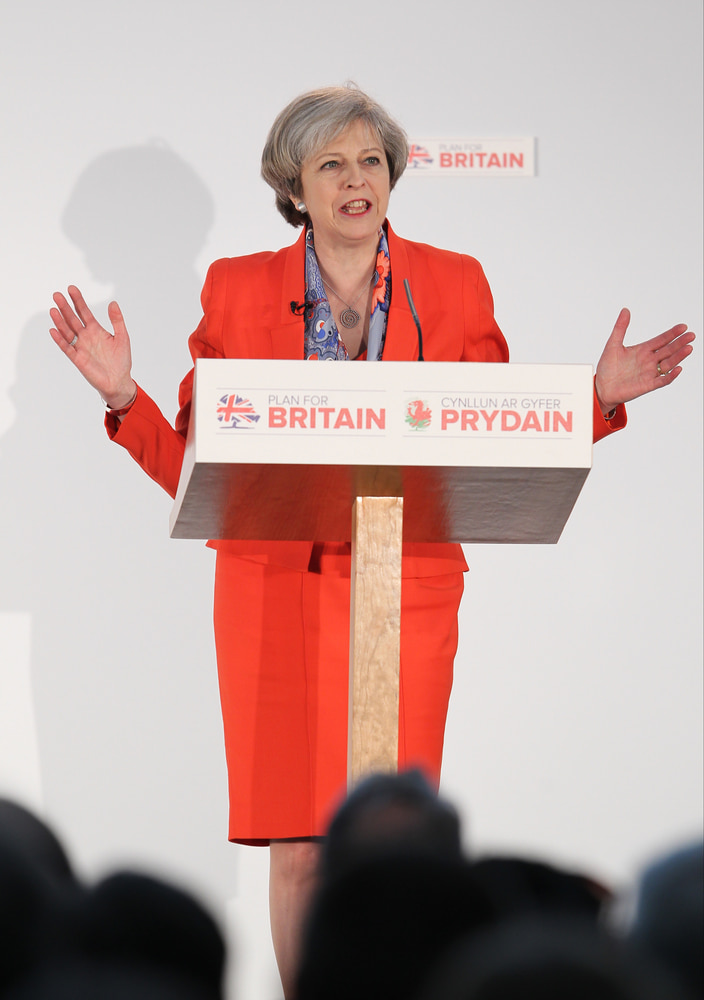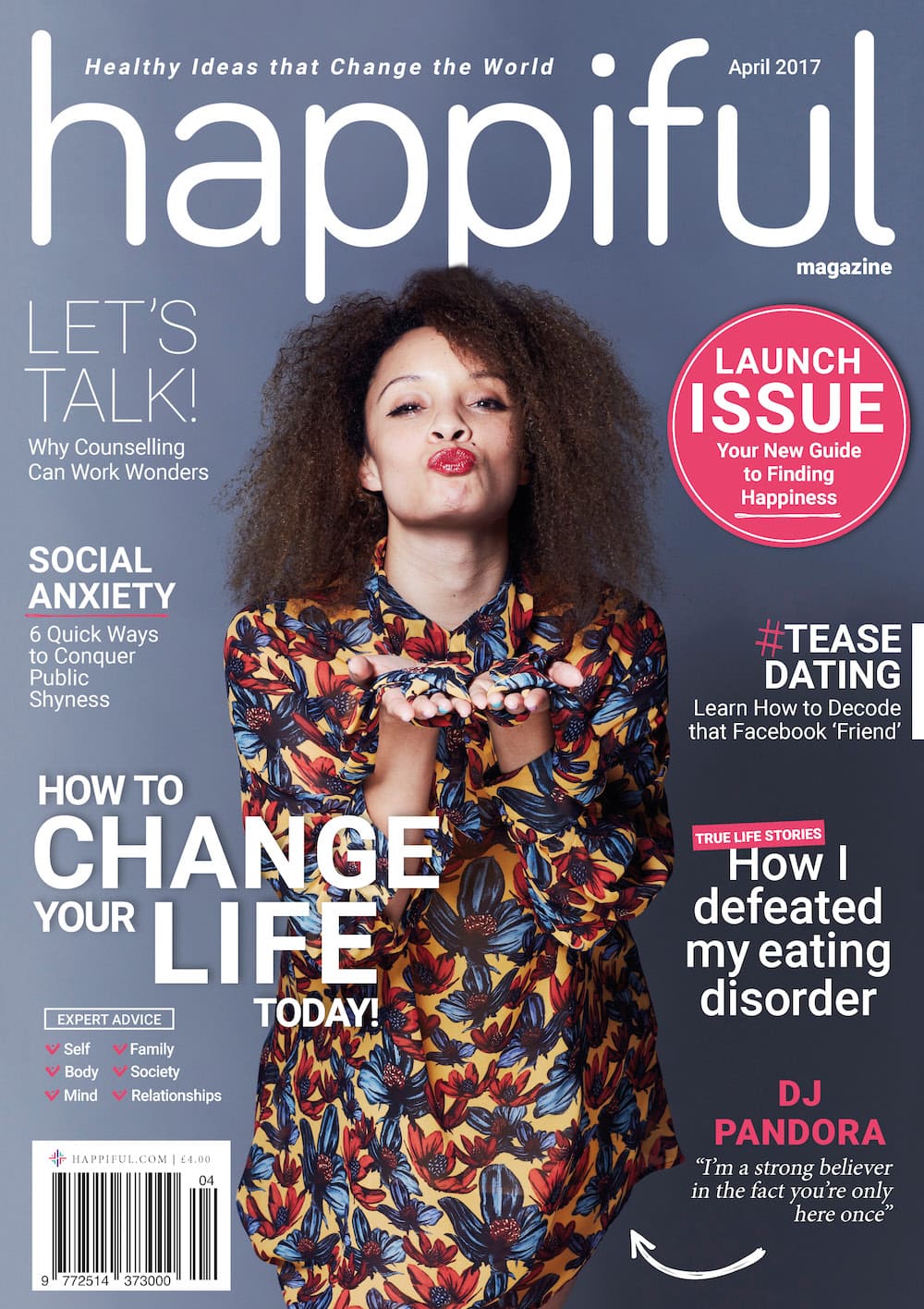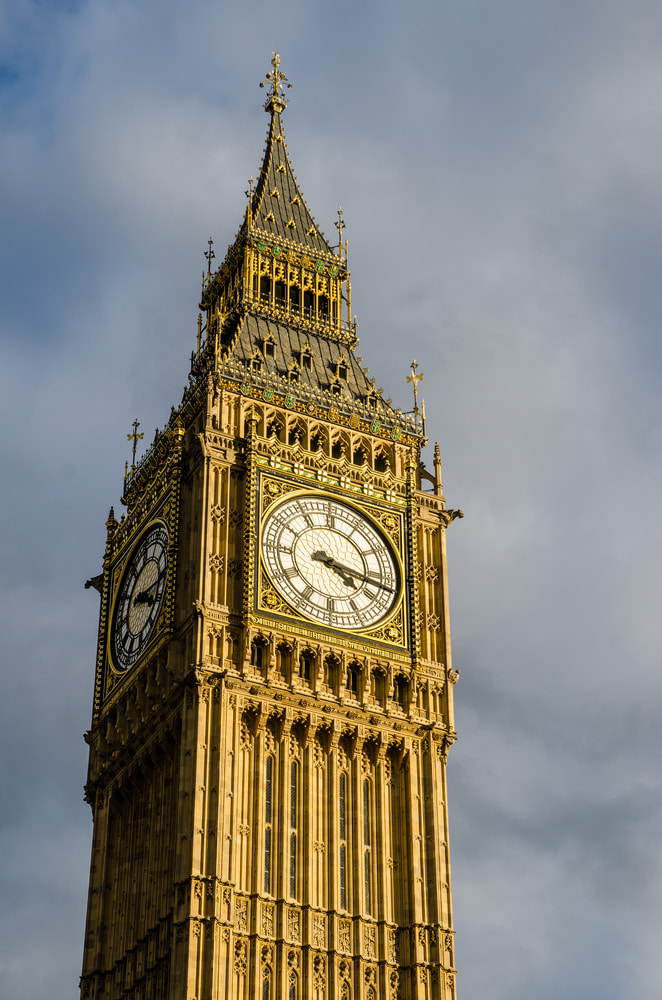HAPPIFUL REVIEW: It’s been a watershed 12 months for mental health awareness

Theresa May
Theresa May gives a parliamentary speech pledging more help for people with depression, and a move to reduce the number of suicides. “If you suffer from mental health problems, there’s not enough help to hand,” said May. Employers should also take a bigger role in their staff’s mental health, and measures would be introduced to help schools with vulnerable pupils, added May.
Constructive progress!
“Mates in Mind” is launched by the Health in Construction Leadership Group to raise awareness & understanding of poor mental health in the construction sector. The campaign’s mission is to bring the industry together to address the stigma of mental ill health.
Artists transform mental health ward
A psychiatric ward in London undergoes a renovation. The ward, which houses patients with schizophrenia, covers its “blank” walls with artwork by artists, including Turner Prize-winner Nick Knight.

Happiful issue 1
Happiful launches!
The UK’s only mainstream magazine devoted to better mental health and wellbeing launches on 20 March, the International Day of Happiness!
Royals put Heads Together
Duchess of Cambridge Kate Middleton joins Princes William and Harry on a national campaign, “Heads Together”, to encourage the public to talk more openly about mental health issues.
Harry sought counselling
It’s our Harry again. This time, the prince creates a tectonic shift in public opinion by revealing he sought counselling to cope with grief issues, following the death his mother, Diana, Princess of Wales. The announcement is widely praised by mental health charities. “There was a lot of stuff that I needed to deal with,” said Harry.
London Marathon GETS mood boost
Matthew Rees stops 300m from the finish line to help a fellow runner in need. “You’ve just encompassed everything that’s so special about the London Marathon” race officials later tweeted.
Wonder drug for dementia!
Scientists discover a drug to halt neurodegenerative brain diseases, including Alzheimer’s, Parkinson’s, multiple sclerosis and Huntington’s. “It’s really exciting,” Professor Giovanna Mallucci from the MRC Toxicology Unit in Leicester, told the media. Neurodegenerative diseases are those where the brain cells and spinal cord cells are lost, causing the loss of control of movements. These diseases can have overwhelmingly devastating effects.

A river becomes a ‘living entity’
New Zealand’s parliament recognises the Whanganui River, on North Island, as having the same legal rights as its Kiwi citizens. The law is the first of its kind in the world, and protects the entire 300km river as a “living entity”, which means if you abuse it, you could be taken to court.
Children & elderlies share same home!
A nursery and a home for the elderly join forces and appear together on the same grounds. The first experiment of its kind in the UK, Nightingale House, a residential, nursing and dementia care home for elderly Jewish men and women in Clapham, southwest London, opened its doors to over 30 children in a move to crush the “age apartheid” that culturally keeps these two age groups apart. Literally everyone – the elders, the youngsters, and the staff – were thrilled to bits.
Ketamine treatment for depression ‘should be rolled out’
Doctors are calling for the use of ketamine in treating severe depression to be rolled out nationwide.
A treatment centre in Oxford, provides an NHS Foundation Trust ketamine service to people with severe depression, and found that 40% of patients showed continued improvement.
Emoji study PROVES GLOBAL UNDERSTANDING
Researchers at Michigan University examined more than 1.2 billion messages and found the top five emojis used were: 1) face with tears of joy, 2) heart, 3) heart-shaped eyes, 4) blowing a kiss, and 5) smiling face. “These symbols, as a ubiquitous new language, make it easier to communicate across cultural barriers,” said researchers. LOL.

Instagram can diagnose depression better than doctors
According to researchers from the University of Vermont and Harvard University, Instagram can be used to diagnose depression more accurately than doctors. Dr Christopher Danforth and Dr Andrew Reece discovered that an algorithm used to flag key signs in participants’ Instagram posts could diagnose depression 28% more effectively than doctors.
Autism is different for girls
Autistic women and girls struggle more with organisational tasks than their male counterparts, according to the largest ever study into executive functioning in autism spectrum disorders (ASD). With the ratio of male to female people on the ASD spectrum being 3:1, most previous research focuses on the male perspective. Recognising that autistic females struggle more with these two elements assists with diagnosis, and means that support can be better tailored.
Google offers free test for depression
Americans searching on Google for depression-related terms now see a “knowledge graph” and the option to take the PHQ-9 screening questionnaire, as used by mental health professionals. If it proves popular, the tech giant will launch the initiative in the UK. According to a 2015 study, people trust higher-ranked Google results. By creating a “graph” with a positive focus and placing it in the number one spot after paid adverts, we should (hopefully) see a positive impact on the number of people seeking official diagnosis and treatment.

Parliament debates mental health education in schools
The government holds a parliamentary debate on making mental health education compulsory in schools, following overwhelming support. The announcement comes after a petition by HeaducationUK, which is spearheaded by the mental health charity, The Shaw Mind Foundation, achieved more than 100,000 signatures. It’s the first time in British history that a mental health charity has reached so many signatures on the government’s website.
It’s been a fantastic year for mental health awareness, but it would be irresponsible of Happiful not to recognise the critical problems that still face our society. Overwhelmed services, unequal access to mental health treatments, exhausted professionals, rising psychological problems in young people, alarming spikes in self-harming among girls, spikes in depression, spikes in anxiety, spikes in people losing their jobs due to a lack of mental health awareness in the workplace... and many more troubling statistics. The unassailable truth is that our current system isn’t working. As a society, we need to talk. And we need to change. Let’s hope 2018 delivers that change.


Comments